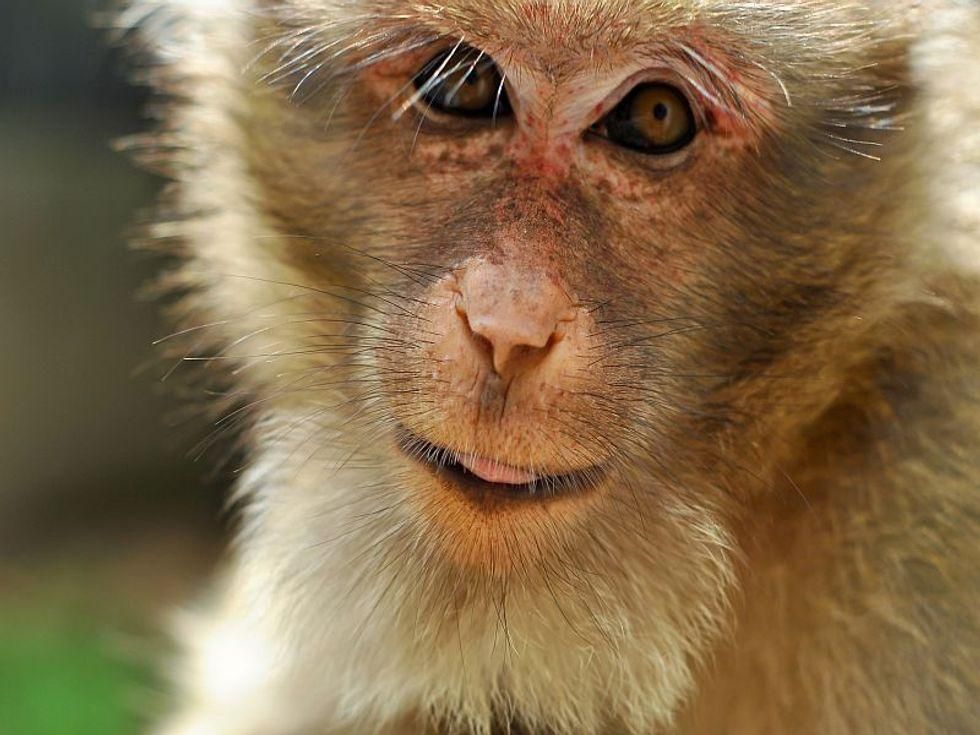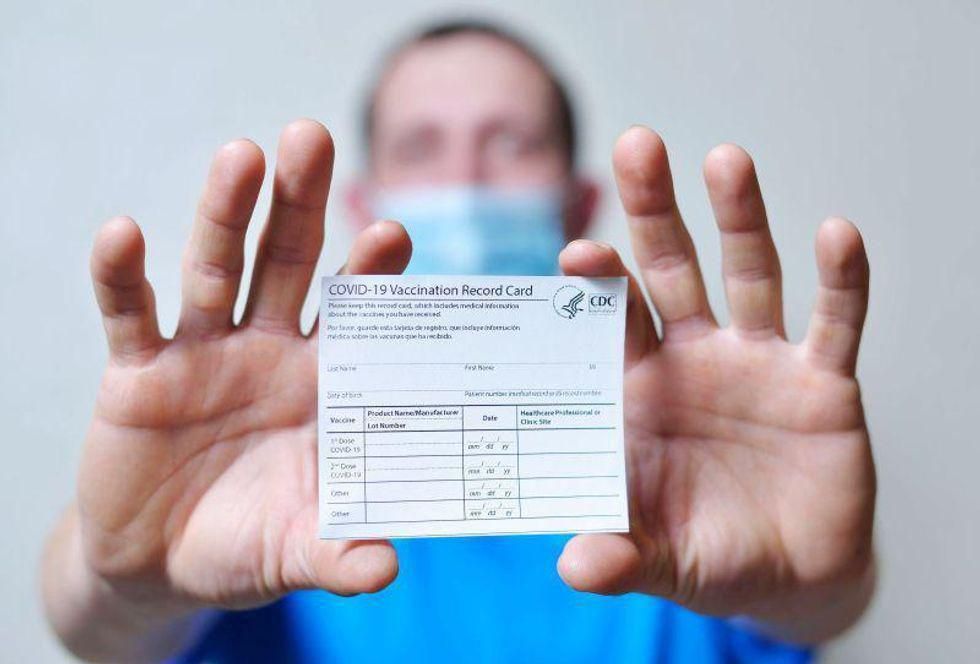
For decades, doctors have warned folks suffering from heart rhythm problems to avoid coffee, out of concern that a caffeine jolt might prompt a herky-jerky heartbeat. But a large new study has found that most people can enjoy their morning joe or afternoon diet cola free from worry — caffeine doesn’t seem to increase most… read on > read on >






























